A Florida school's decision to ban the poem The Hill We Climb, which Amanda Gorman recited at President Joe Biden's inauguration, has sparked widespread debate and condemnation.
Miami-Dade County Public Schools took action following a complaint from a single parent, leading to the removal of five titles, including Gorman's poem, from elementary schools. The ban has drawn criticism for disproportionately targeting works by queer and non-white authors.
A "gutted" Gorman herself expressed her disappointment and highlighted the alarming trend of book bans across America.
She posted the following statement to her Twitter account:
"I'm gutted." ...
"Book bans aren't new. But they have been on the rise. According to the ALA, 40% more books were challenged in 2022 compared to 2021. What's more, often all it takes to remove these works from our libraries and schools is a single objection."
"And let's be clear: most of the forbidden works are by authors who have struggled for generations to get on bookshelves. The majority of these censored works are by queer and non-white voices."
Gorman went on to note that she wrote The Hill We Climb "so that all young people could see themselves in a historical moment" and that she's received "countless letters and videos" from children who were inspired to write their own poems as a result.
Observing that it is a "violation" of "free thought and speech" to rob children "of the chance to find their voices in literature," she proposed the following actions:
"We must speak out and have our voices heard. That's why my publisher, Penguin Random House, joined PEN America, authors, and community members in a lawsuit in Florida's Escambia County to challenge book restrictions like these."
"To help, donate to and visit @PENAmerica and spread the word about these book bans."
"Together, this is a hill we won't just climb, but a hill we will conquer."
In a surprising revelation, Gorman shared a photo of the complaint form, which falsely attributed her poem to Black American TV host Oprah Winfrey.
The error highlighted the lack of understanding or research behind the parent's objection and the hasty decision to ban the poem without proper consideration.
The controversy began when a parent of two students at Bob Graham Education Center in Miami Lakes objected to several titles available in the school library. The parent raised concerns about critical race theory, alleged "indirect hate messages," gender ideology, and indoctrination.
Consequently, The Hill We Climb was made accessible only to middle school students aged 11 to 14. Other titles, including The ABCs of Black History, Cuban Kids, Countries in the News: Cuba, and Love to Langston, were also included in the complaint.
Specifically, the complaint mentions pages 12 and 13 of The Hill We Climb, which include the following verses:
"We've braved the belly of the beast/We've learned that quiet isn't always peace/And the norms and notions of what "just is"/Isn't always justice."
"And yet the dawn is ours before we knew it./Somehow, we do it./Somehow, we've weathered and witnessed/A nation that isn't broken, but simply unfinished."
Many have thrown their support behind Gorman and expressed their love for the poem in light of the news.
Gorman's case is not an isolated incident.
According to PEN America, 175 books have already been removed from schools across Florida this year. The rise in book bans has raised concerns among advocates for free expression and diverse voices in literature.
Under the leadership of its Republican Governor Ron DeSantis—who just announced a 2024 presidential bid—the state has continued to backslide.
Recently, DeSantis signed legislation that prohibits the use of public funds by colleges for diversity, equity, and inclusion efforts and previously enacted the Stop WOKE Act, which restricts discussions of race in workplaces and schools during mandatory training or instruction.
Both moves have drawn scrutiny from advocates who've charged they curtail academic freedom and freedom of expression.

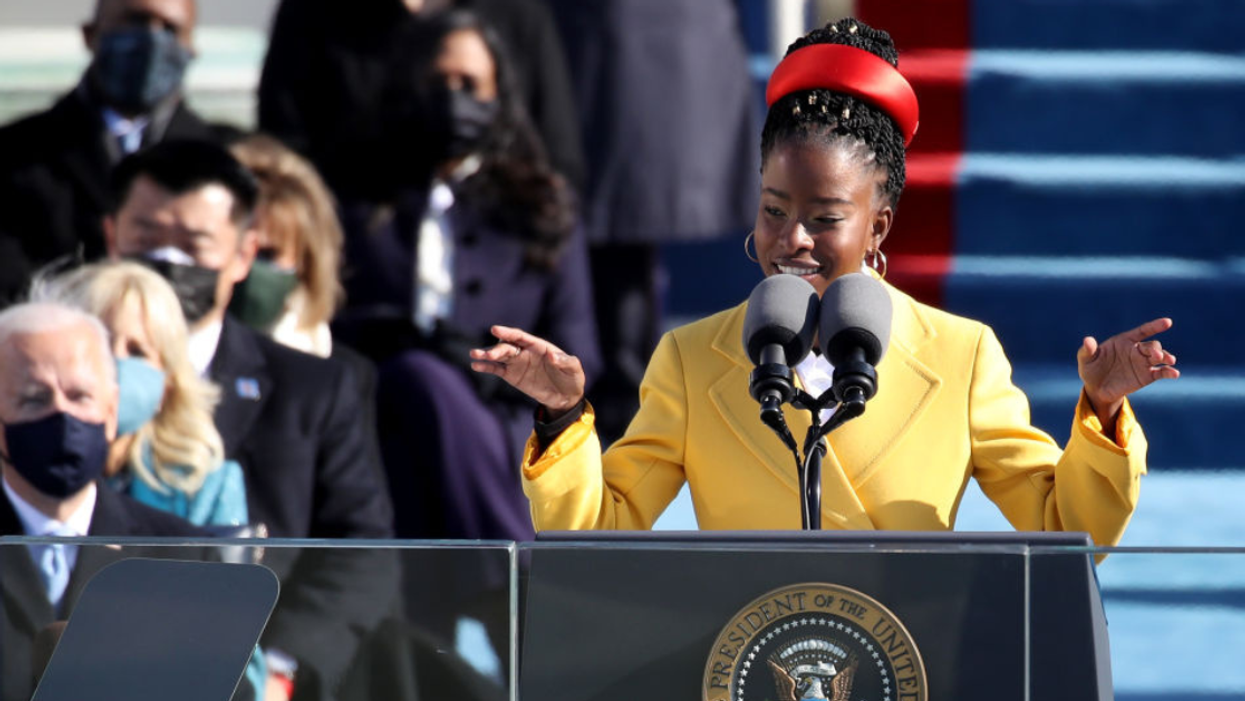





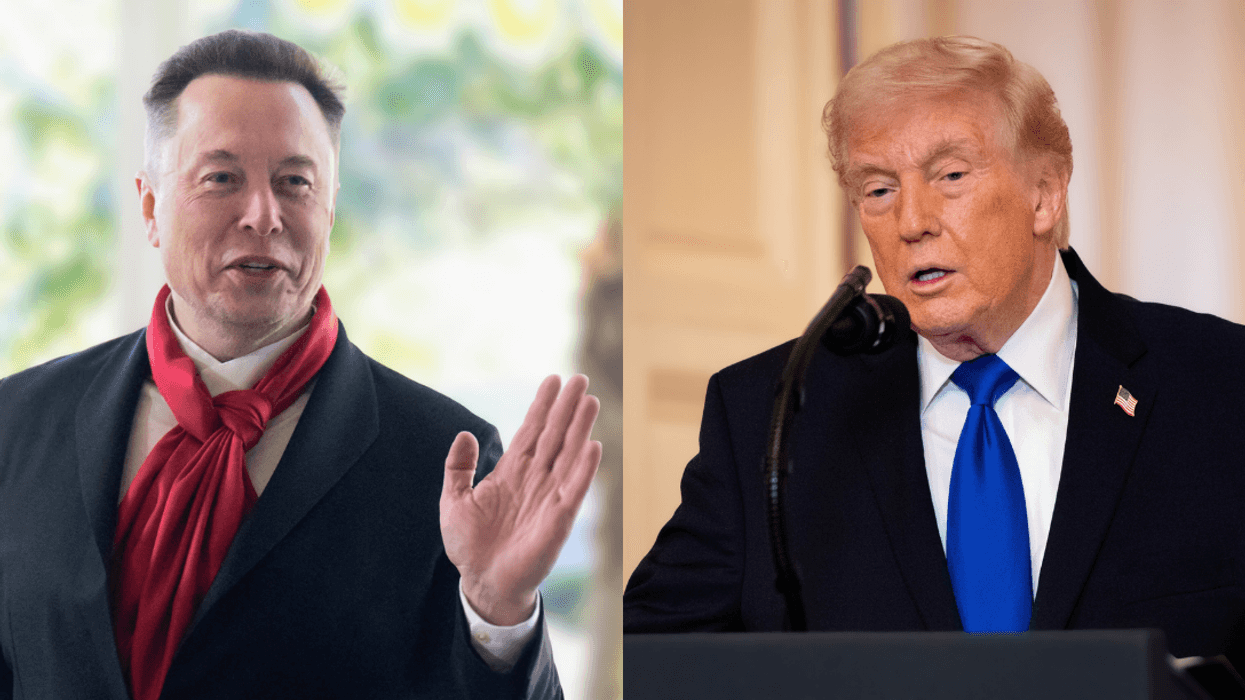
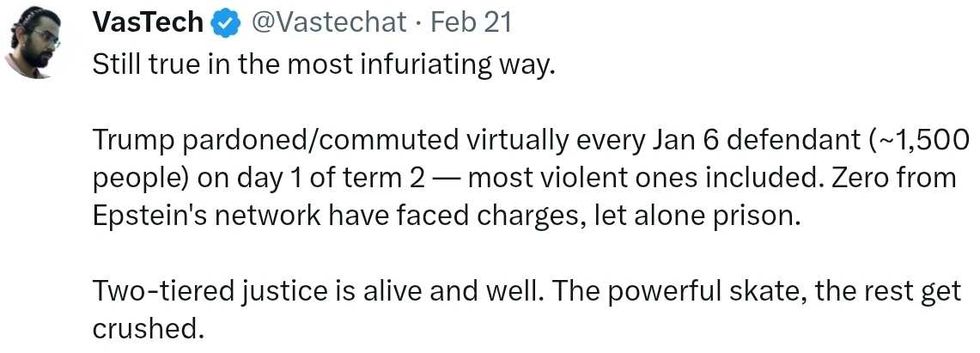 reply to @elonmusk/X
reply to @elonmusk/X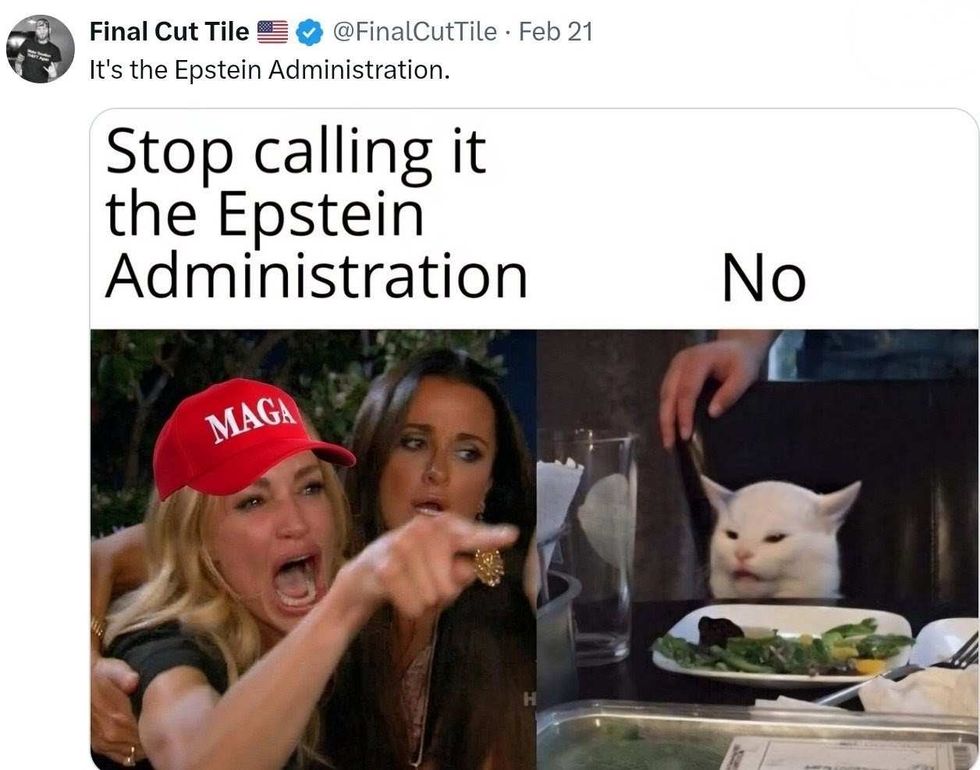 reply to @elonmusk/X
reply to @elonmusk/X reply to @elonmusk/X
reply to @elonmusk/X reply to @elonmusk/X
reply to @elonmusk/X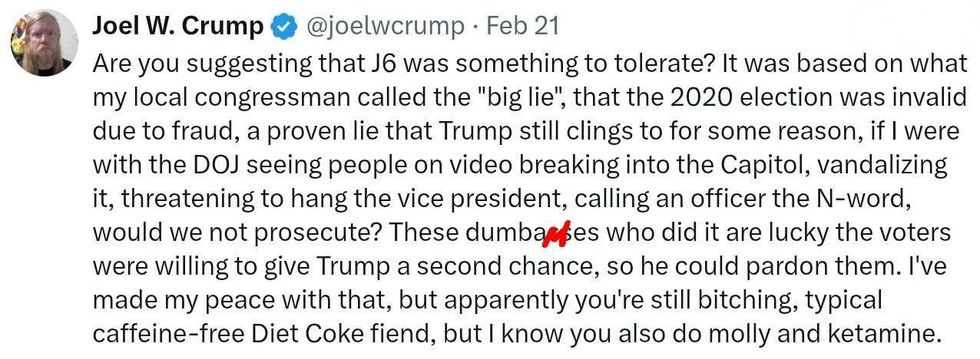 reply to @elonmusk/X
reply to @elonmusk/X reply to @elonmusk/X
reply to @elonmusk/X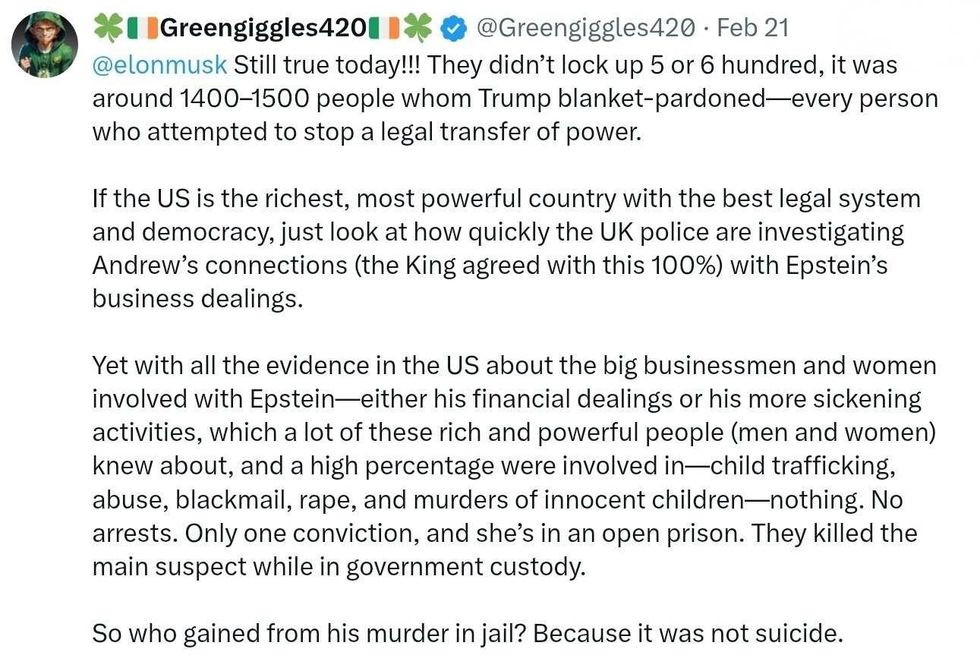 reply to @elonmusk/X
reply to @elonmusk/X




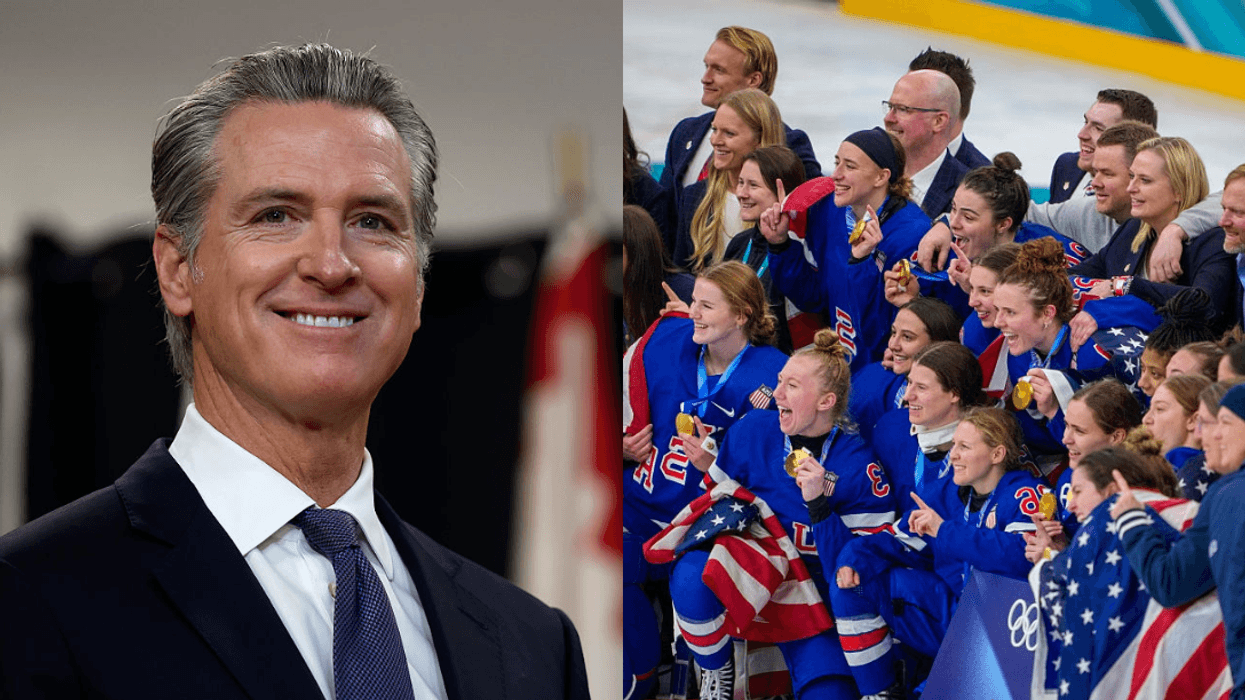
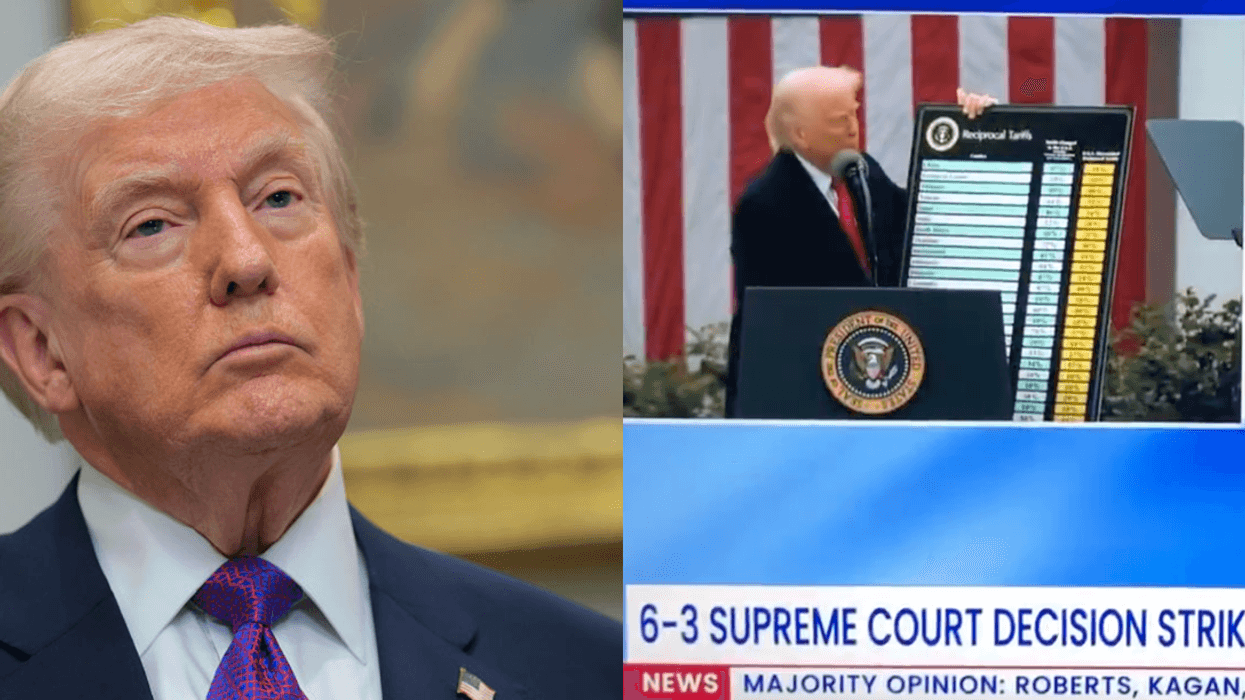
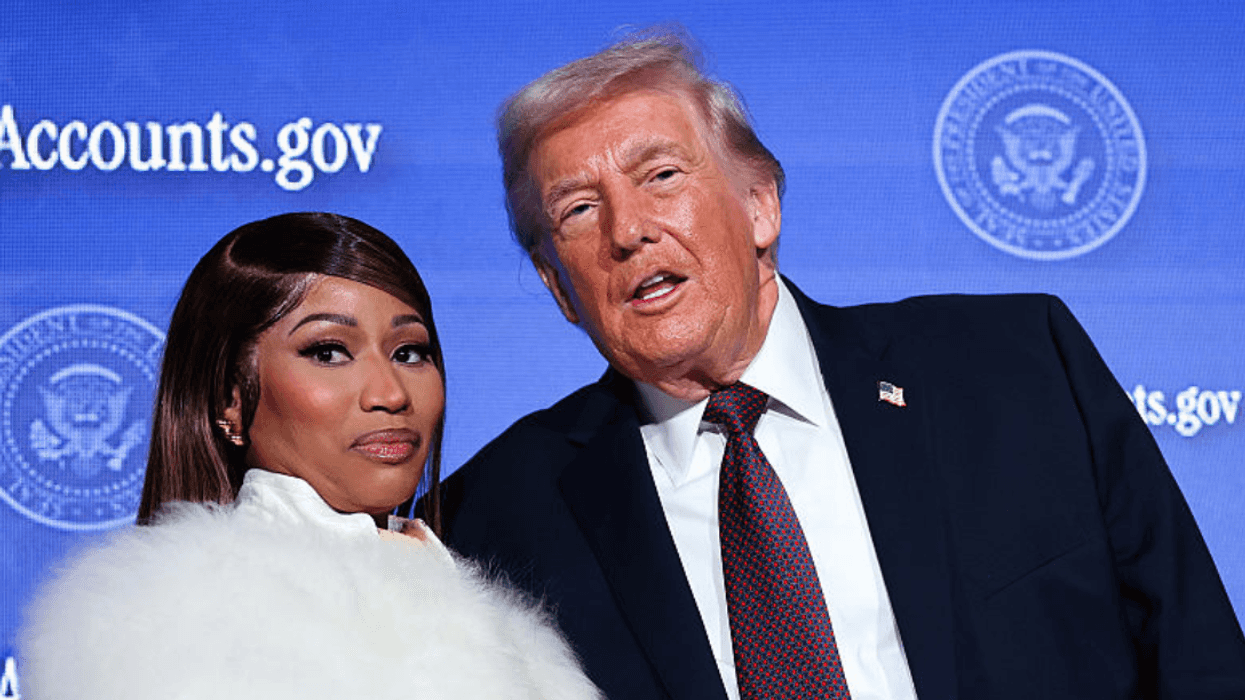
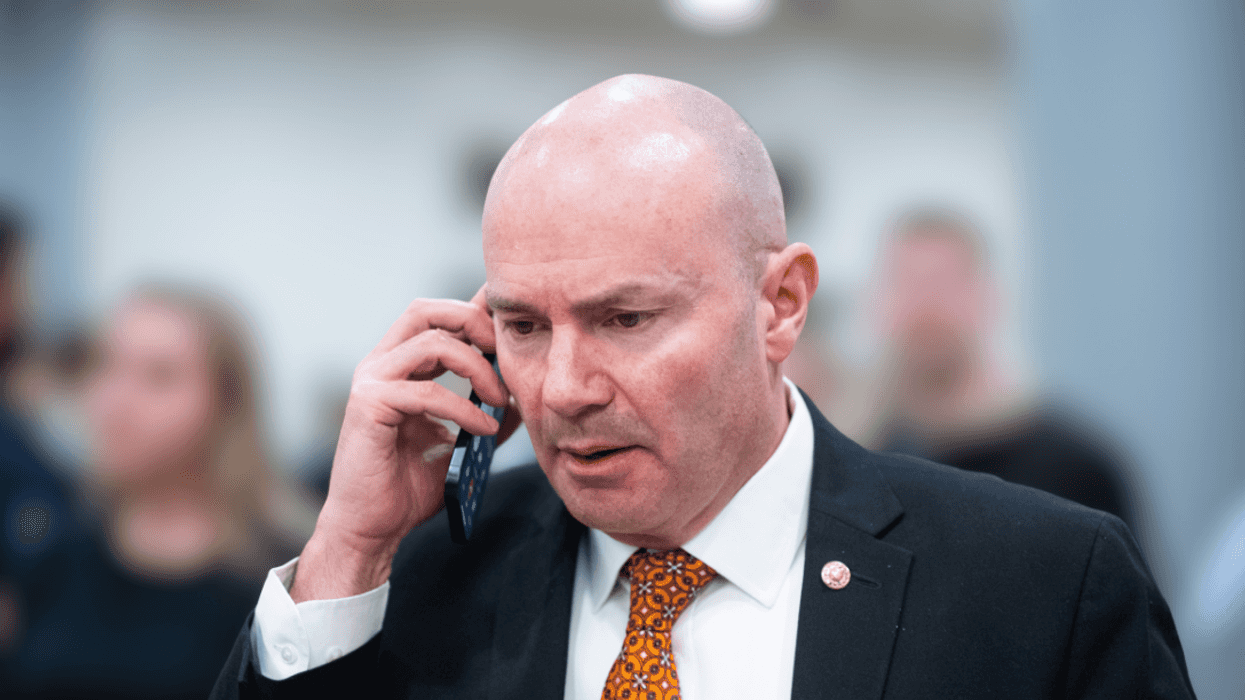
 @BasedMikeLee/X
@BasedMikeLee/X @ChrisMurphyCT/X
@ChrisMurphyCT/X @cjoan223817
@cjoan223817

 @wideofthepost/X
@wideofthepost/X @mrmikebones/X
@mrmikebones/X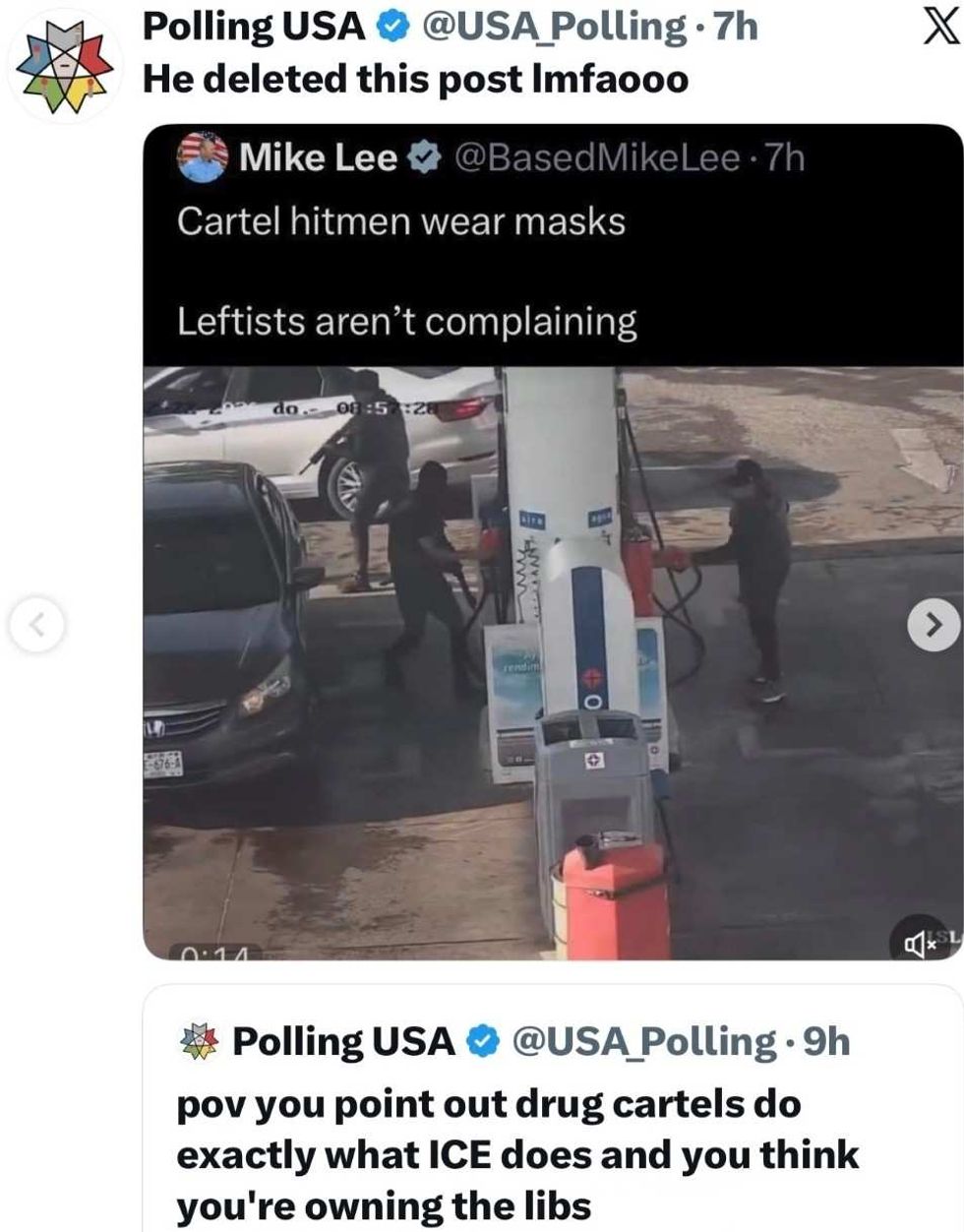 @USA_Polling/X
@USA_Polling/X